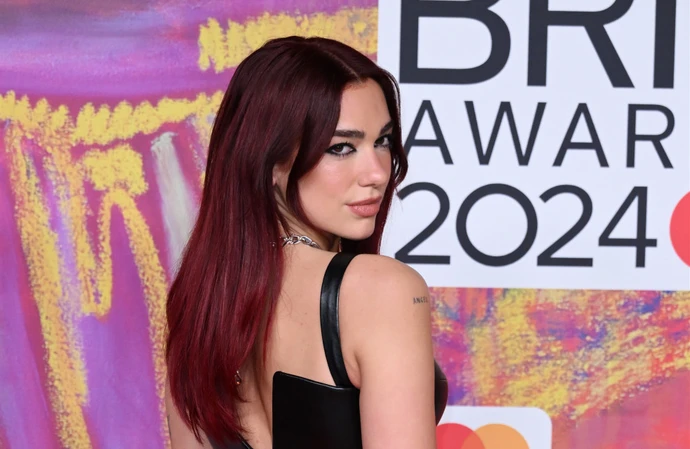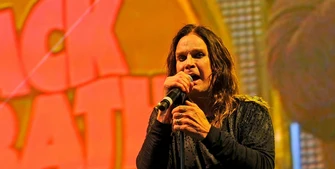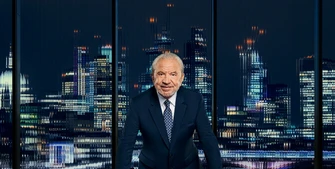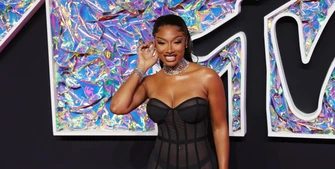Dua Lipa feels ‘very close’ to war victims
Years after her parents fled Kosovo ahead of the country’s devastating 1998 conflict, Dua Lipa has said she feels “very close” to people living in war zones.

Dua Lipa feels “very close” to people living in war zones.
The 28-year-old singer was born in London in 1995 – the eldest of three children in a Kosovar-Albanian family – and her parents Anesa Rexha and Dukagjin Lipa sought refuge in the UK in 1992 before Dua’s birth amid political turmoil in Kosovo at the time.
She has now told Elle about how she has since spoken to victims of the Kosovo War that struck the country in 1998: “I heard stories from friends (there) who lost family members. Houses burned. I saw them.
“When you have that direct communication with people who have been through (war), it opens up a completely new world, and it did for me.”
Appearing to reference the ongoing wars in Ukraine and Gaza, Dua added: “I feel very close to (those suffering) injustices in the world, or inequality.
“Whether that be war, or coming out to your family, everyone’s got a different experience… it’s about support and learning together.”
After initially moving to London, Dua’s family returned to Kosovo in 2006, while it was still under the supervision of the United Nations.
The country declared independence from neighbouring Serbia in 2008, making it the youngest country in Europe and as she grew into her teens Dua started to dwell on the horrific stories of ethnic cleansing and war crimes committed against Kosovar Albanians.
Dua was only 15 when she returned to London again – alone – to pursue a music career, moving into a flat in Camden, north-west London, with an Albanian family friend who was attending university.
The ‘Houdini’ singer told Rolling Stone magazine in January she is convinced people don’t want pop stars to be “smart” or “political”.
Dua – who has previously insisted she reads voraciously and has spoken out against Hamas’ bombardment of Israel – added: “I don’t know if people believe that I like to read books, or people believe that these conversations are my own.
“I think it’s a thing of what people want from their pop stars.
“They don’t want you to be political. They don’t want you to be smart. Not that I’m trying to prove myself in that way, but there is so much more to me than just what I do.”







